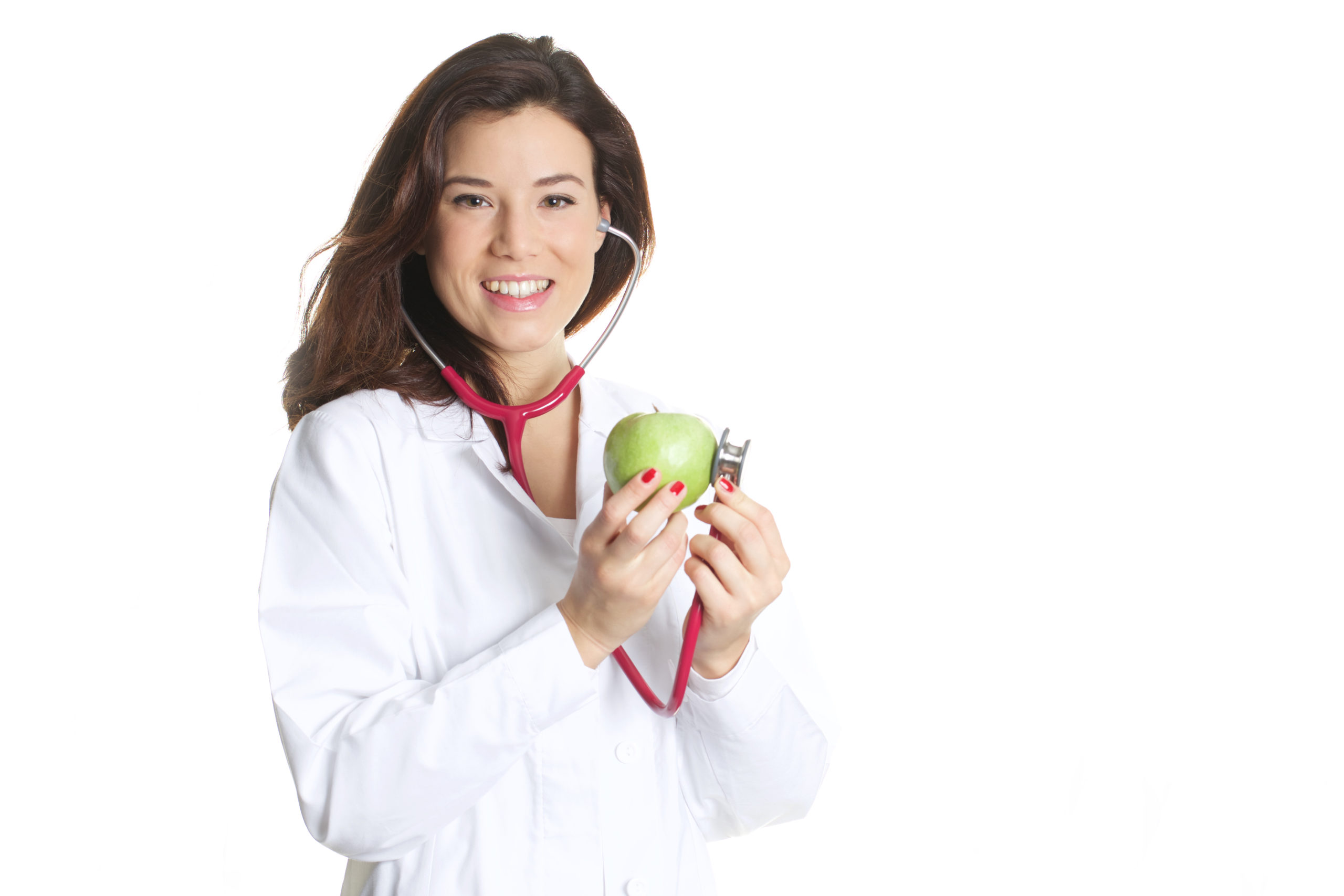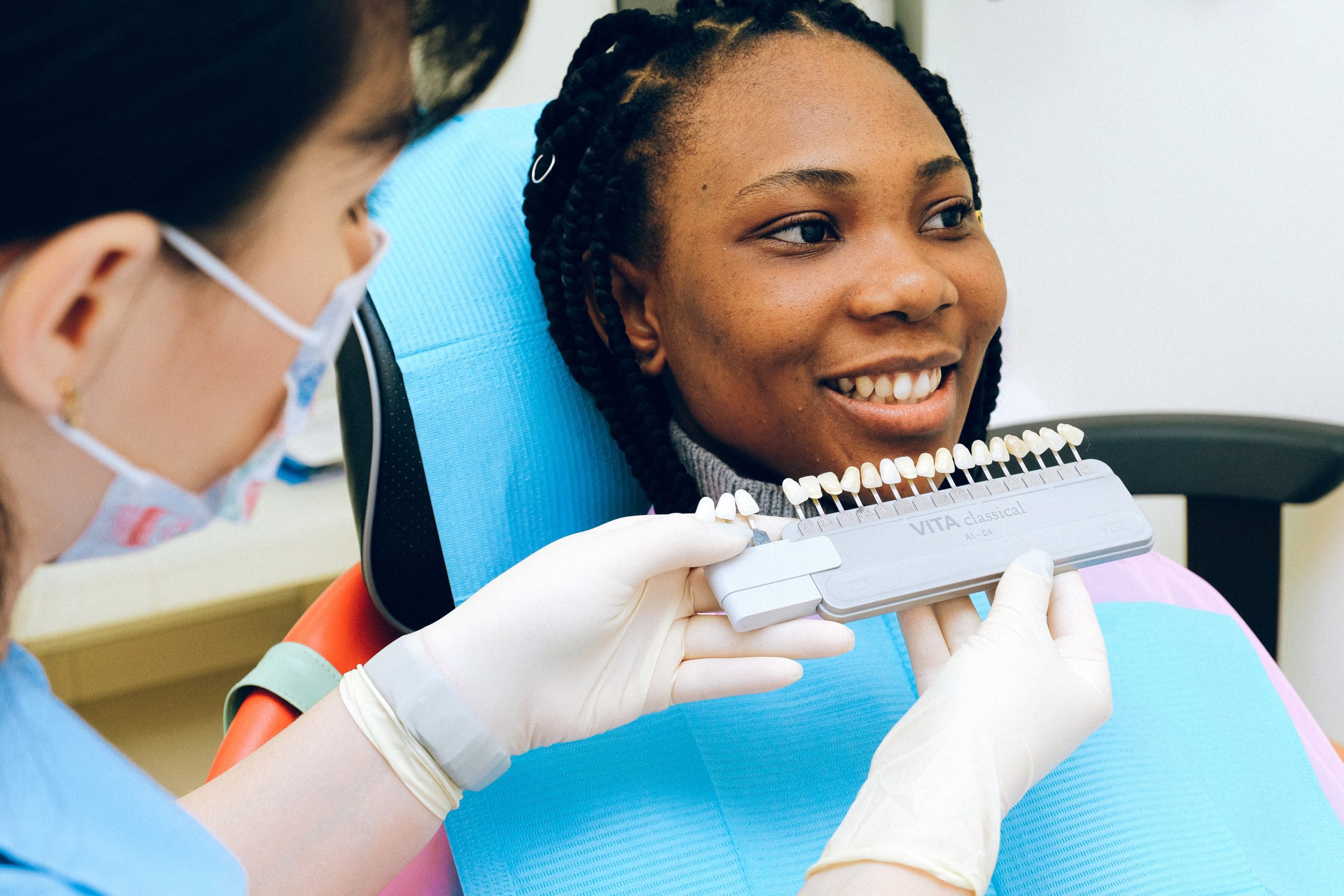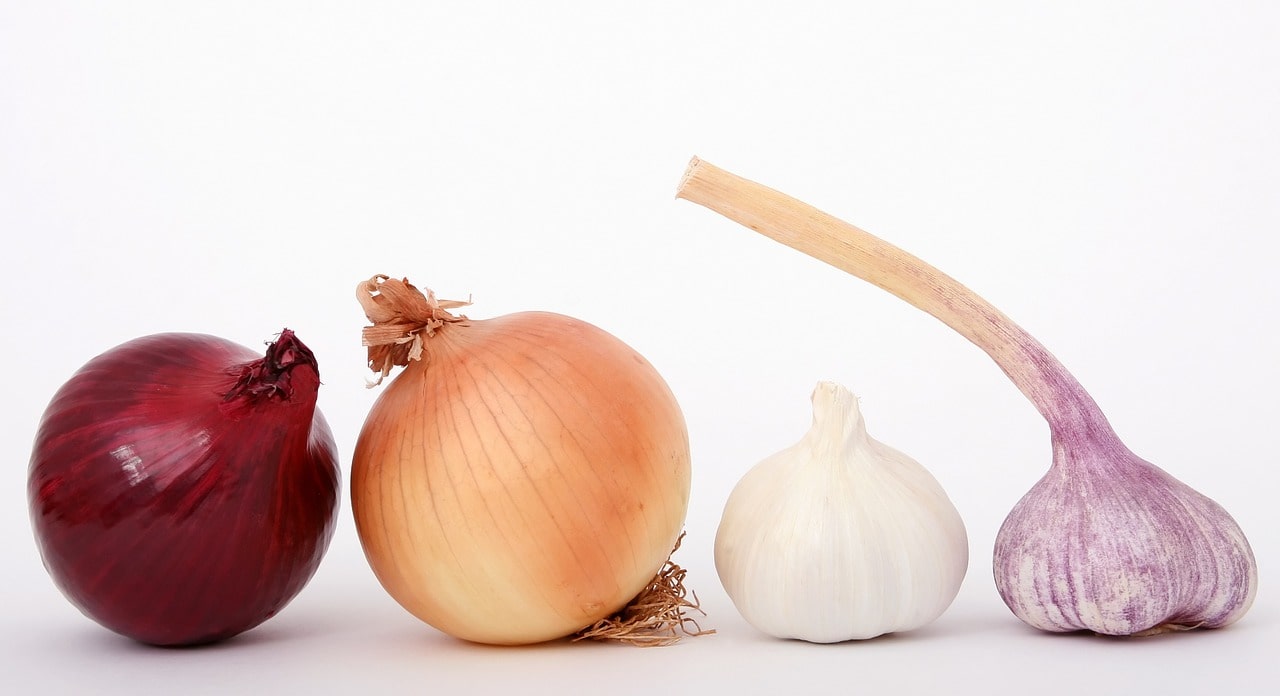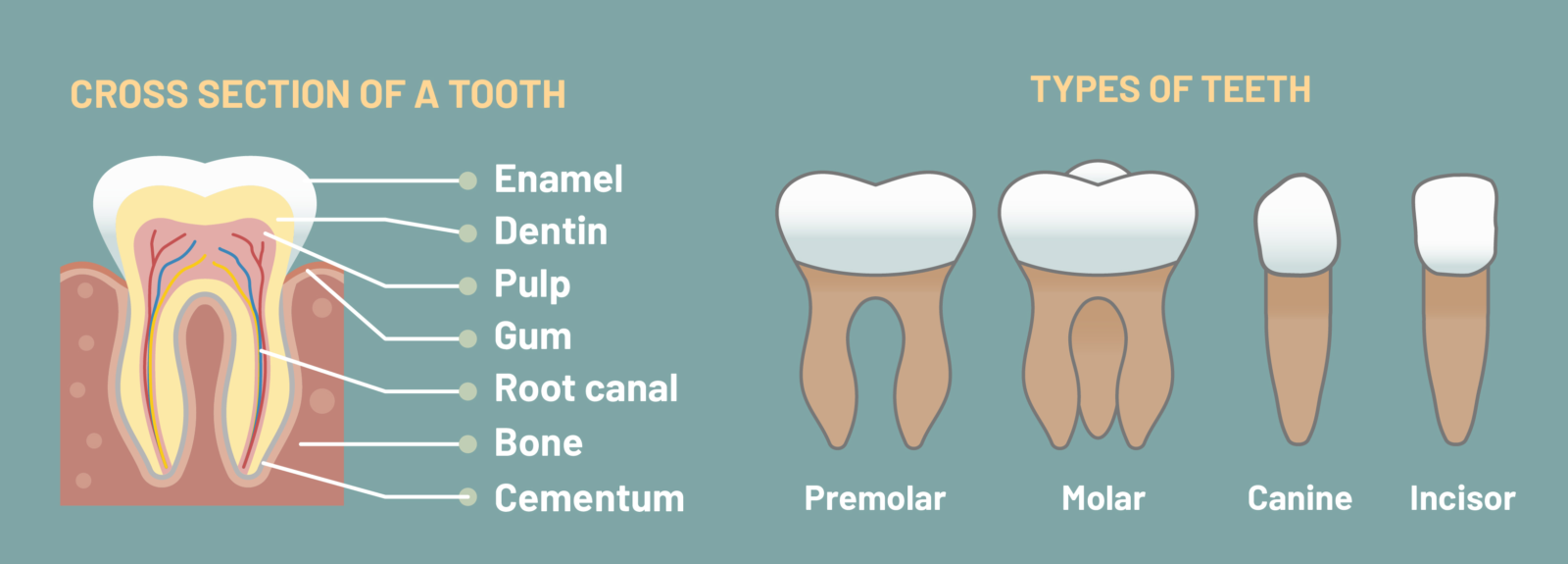
Our dental team at Tandara Dental Centre always tries hard to preserve and protect our patients’ natural teeth. Your teeth are designed to last for life, ongoing preventive dentistry can ensure you enjoy good dental health for longer and avoid teeth extraction. Each person visiting our dental practice receives a preventive dental care plan, showing how frequently they need to visit us for checkups, hygiene appointments, and any other procedures we feel could be helpful. We also place a great deal of emphasis on patient education, showing people how to care for their teeth at home. However, we cannot always save every tooth, but you can rest assured we will only advise a dental tooth extraction after exploring all other options.
Why Do Some People Need a Tooth Removed?
Teeth can fail or need removing for several reasons, some of which are listed below:
- When a tooth has deep decay, it can result in severe tooth infection. Sometimes the infection is treatable with root canal therapy, but when the infection has developed into an abscess, we might need to extract the tooth to allow the infection to drain.
- If a tooth has fractured vertically, we may not be able to restore it successfully.
- A tooth can break off at the gum line, and there might not be enough of the original tooth remaining to restore it.
- Other times, teeth can become loose and need extracting due to severe gum disease, a condition called periodontitis. The disease destroys the gum and bone around teeth, so they become loose in their sockets and must be removed.
- Teeth occasionally need removing in preparation for orthodontic treatment, creating more room in the arch to straighten teeth successfully.
- Impacted wisdom teeth become stuck in the jawbone and cannot erupt properly. In addition, they can cause infection and pain and may damage the adjacent teeth unless extracted.
- Sometimes teeth are malformed and must be removed.
If you need a tooth removed, you can rest assured we will numb the area thoroughly before beginning this treatment, using local anaesthetic. It doesn’t take very long to extract a tooth, using specialised instruments that minimise damage to the surrounding bone and gum. We may place stitches afterwards or will allow the socket to heal naturally.
What to Expect After a Tooth Extraction?
After you have a tooth removed and the anaesthetic wears off, you may feel slightly uncomfortable, and there might be some swelling or bruising, depending on how many teeth are removed. For example, if you have a more complex wisdom tooth extraction and where these teeth were impacted, slight bruising and swelling are common for the first few days afterwards. In comparison, removing a single tooth may create minimal or no discomfort. You may even feel more comfortable quite quickly afterwards if we remove a severely infected and painful tooth.
Any tooth extraction pain should be relatively mild, and taking an over-the-counter painkiller should eliminate it. In addition, some people find it more comfortable to use an ice pack placed on the outside of the mouth for 10 minutes or so at a time to help relieve any swelling.
There is no need to worry as we can provide detailed information on what to expect and specific instructions on how to care for your mouth, especially during the first 24 hours after surgery. We will give you precise instructions on brushing and flossing around the extraction site. Initially, we may advise using a warm saltwater rinse to cleanse your mouth, made by dissolving a little salt in a glass of warm water and gently swishing it around your mouth. If you even need more information, we are always here to help and answer your questions.
Teeth Extraction After-Care for the First 24 Hours
During the first 24 hours, it’s best to try and chew on the opposite side of your mouth to the surgery site. Make sure you drink plenty of fluids but don’t use a straw as the sucking action can dislodge the blood clot that forms in the empty socket, slowing down healing. For the same reason, it’s best to avoid spitting. If you smoke, be prepared to quit for at least a day or two after surgery and ideally for longer while your mouth heals. When you smoke, the nicotine constricts the blood vessels in your gums, making it harder for essential nutrients to reach the gum tissues, so healing is slower. Also, the sucking action of smoking a cigarette can disrupt healing.
Foods to Eat After Tooth Extraction
After having teeth removed, you must try to eat a nutritious diet that will help aid healing. Also, eating foods with plenty of nutrients will help reduce the risk of other complications like swelling. Choosing a diet high in vitamins and minerals and which has plenty of protein will help your mouth heal quicker.
Listed below are some soft, easy-to-chew foods that are ideal immediately after tooth extraction:
Soup
Vegetable soup that is blended until smooth is an excellent choice after tooth removal. Generally, a good quality soup contains plenty of vitamins and minerals and will help keep you hydrated. However, it is better not to eat soup that is too hot, just in case it irritates your mouth. Another good option is to drink broth, as it can contain a good selection of vitamins and minerals, is tasty and will help keep you hydrated.
Yoghurt
Plain, sugar-free yoghurt and especially Greek yoghurt is nutritious and contains plenty of protein. It is cool, creamy and smooth, which can help soothe your mouth after surgery.
Cottage Cheese
Another good source of protein is cottage cheese which also contains vitamins and minerals and is soft, creamy and soothing to eat.
Mashed Potatoes
Mashed potatoes can be prepared in various ways, and mashing them with plenty of milk or cream or butter can provide you with useful calories and nutrition, but be sure to serve them lukewarm in case they irritate your mouth.
Scrambled Eggs
Eggs are well known as a source of high-quality protein and are rich in vitamins and minerals. Immediately after teeth are removed, scrambling eggs can be a good way to serve them because they are easy to chew and swallow.
Applesauce
Made from pureed apples, applesauce is a good source of vitamin C which can help boost your immune system. This, in turn, can make it easier for your mouth to heal after oral surgery.
Bananas
Bananas can be mashed up easily, and their soft texture requires minimal chewing. Bananas contain a variety of vitamins and minerals, including vitamin B6 and potassium.
Salmon
Salmon is soft and easy to chew, an excellent source of protein, and contains healthy fats, including omega-3 fatty acids. These fats can help reduce inflammation and may help your mouth heal faster.
Foods To Avoid
Avoid eating foods with lots of seeds as these can get caught around the surgery site and are difficult to remove while your mouth is still healing. It’s also better to avoid very hard foods like nuts for the same reason.
Several Days After
Several days after tooth extraction, healing should be well underway. At this point, you can begin to introduce other foods into your diet, and your tooth extraction recovery should be smooth and uneventful. However, if you are ever concerned or feel your mouth isn’t healing properly, please don’t hesitate to contact us for advice.










